MAKING MOBILE
MACHINES PERFORM.
As an internationally active company with headquarters in Kaufbeuren, we have stood for high quality solutions in the digitalization and automation of mobile machines for more than 35 years. With a modular system of generic and customer-specific products, systems and software solutions, we support our customers on their way to making their machines the best in the world with the most innovative technology.
Compatible products and systems from our global partner network complement our STW modular system. We accompany our customers as partners in the engineering and integration process. With our hardware and extensive software toolchain, we help medium-sized companies and large OEMs to improve the performance and efficiency of their machines in a user-friendly way. We help enhance safety and prepare our customers to meet the engineering challenges of the future. Our connectivity solutions enable machine-to-X communication and so provide networking with cloud platforms and the integration of mobile machine operations directly into business processes.
We are an independent family company, we value and support our employees and take our responsibility towards the environment and society seriously. Together with our customers and partners, we are actively involved in important future topics, including the Internet of Things (IoT) and Industry 4.0, semi and fully autonomous operations, and e-mobility.
CASE STUDIES
While we are proud of our products and solutions, it is through our customers’ applications that the power in the innovative technology is unleashed. Whether fully networked, highly automated, or operating fully autonomously, an effective mobile machine represents first class interdisciplinary engineering. Robust and safe integration into the system architecture of the machine and its work processes, while remaining convenient and user friendly, is the main focus. With thanks to our customers, here we would like to present a small selection of example applications.
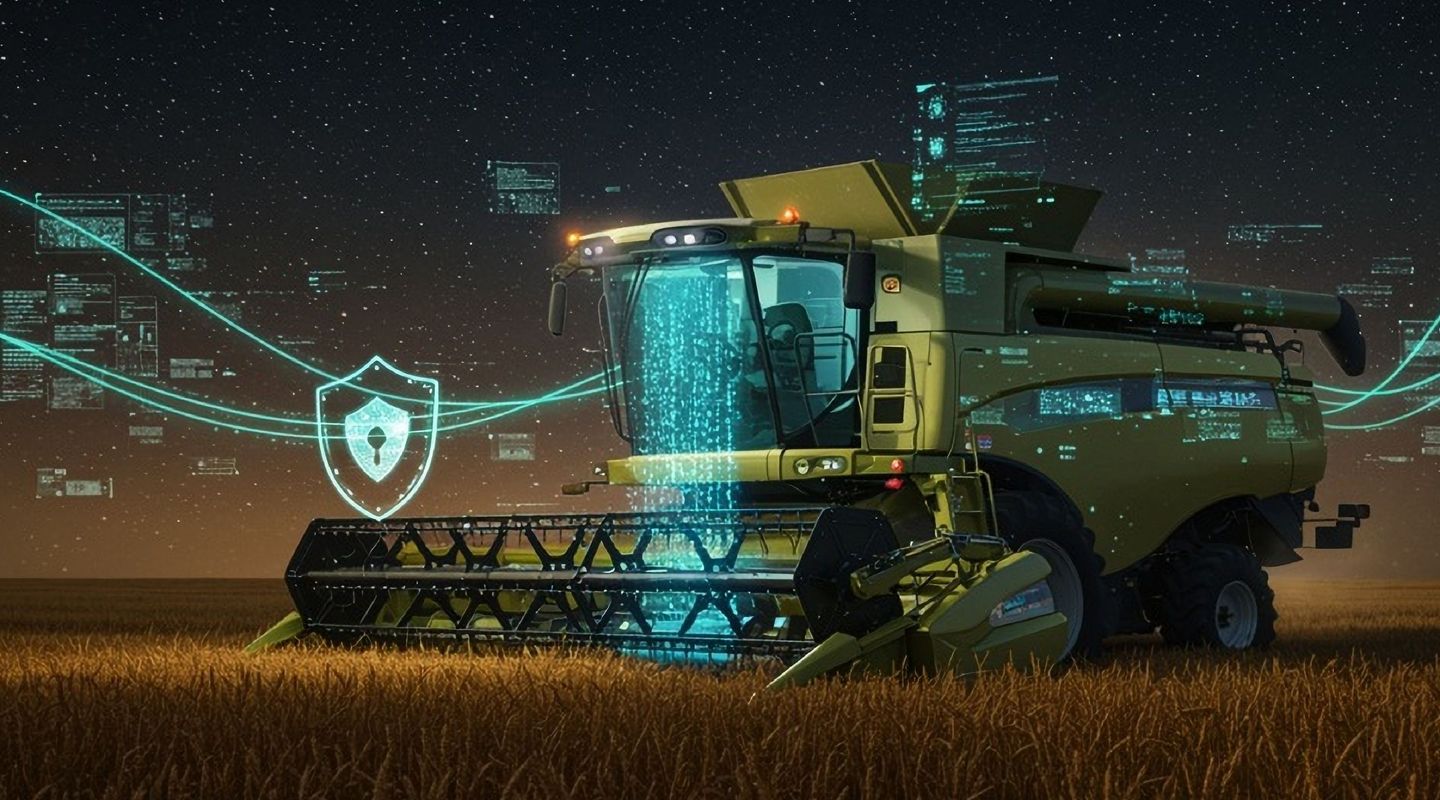
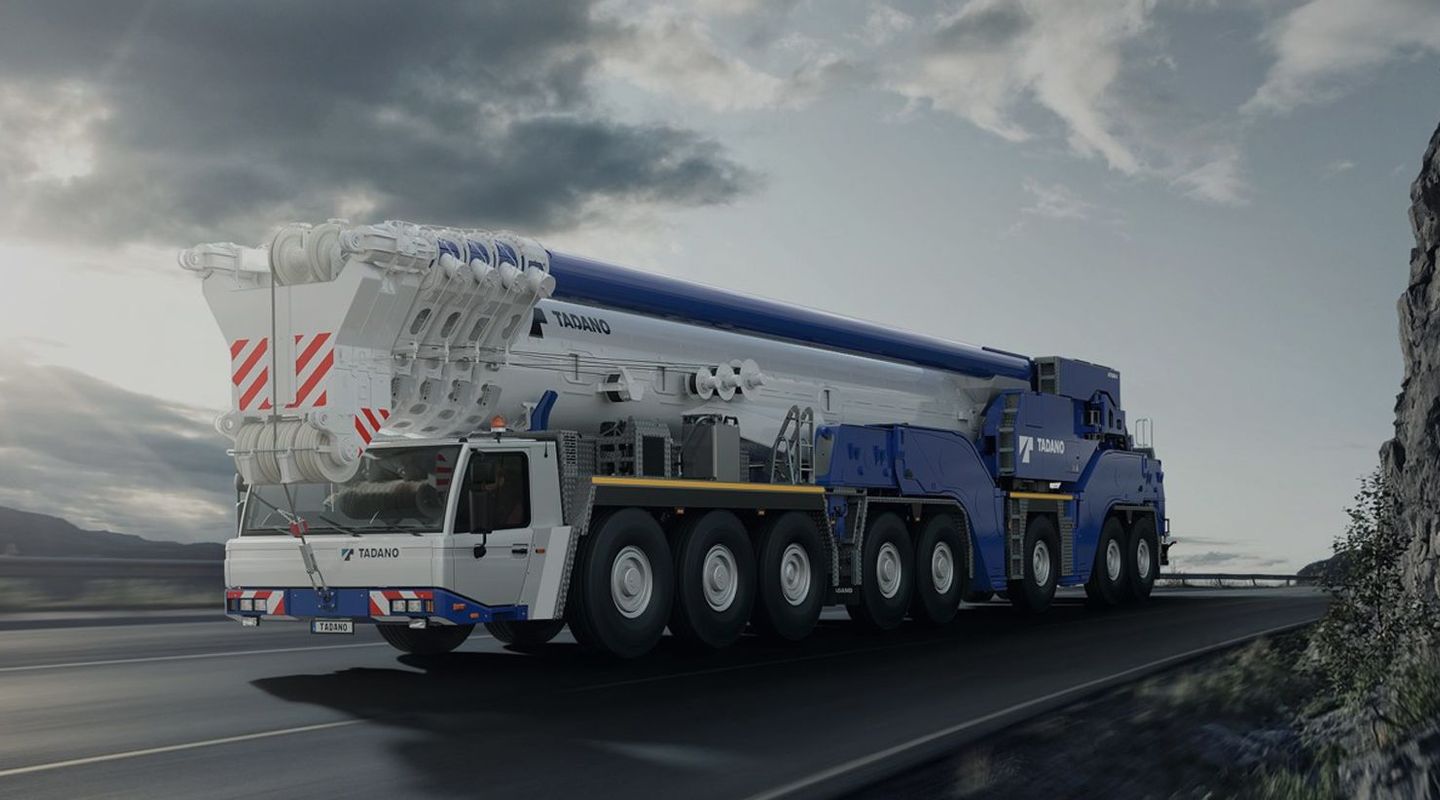
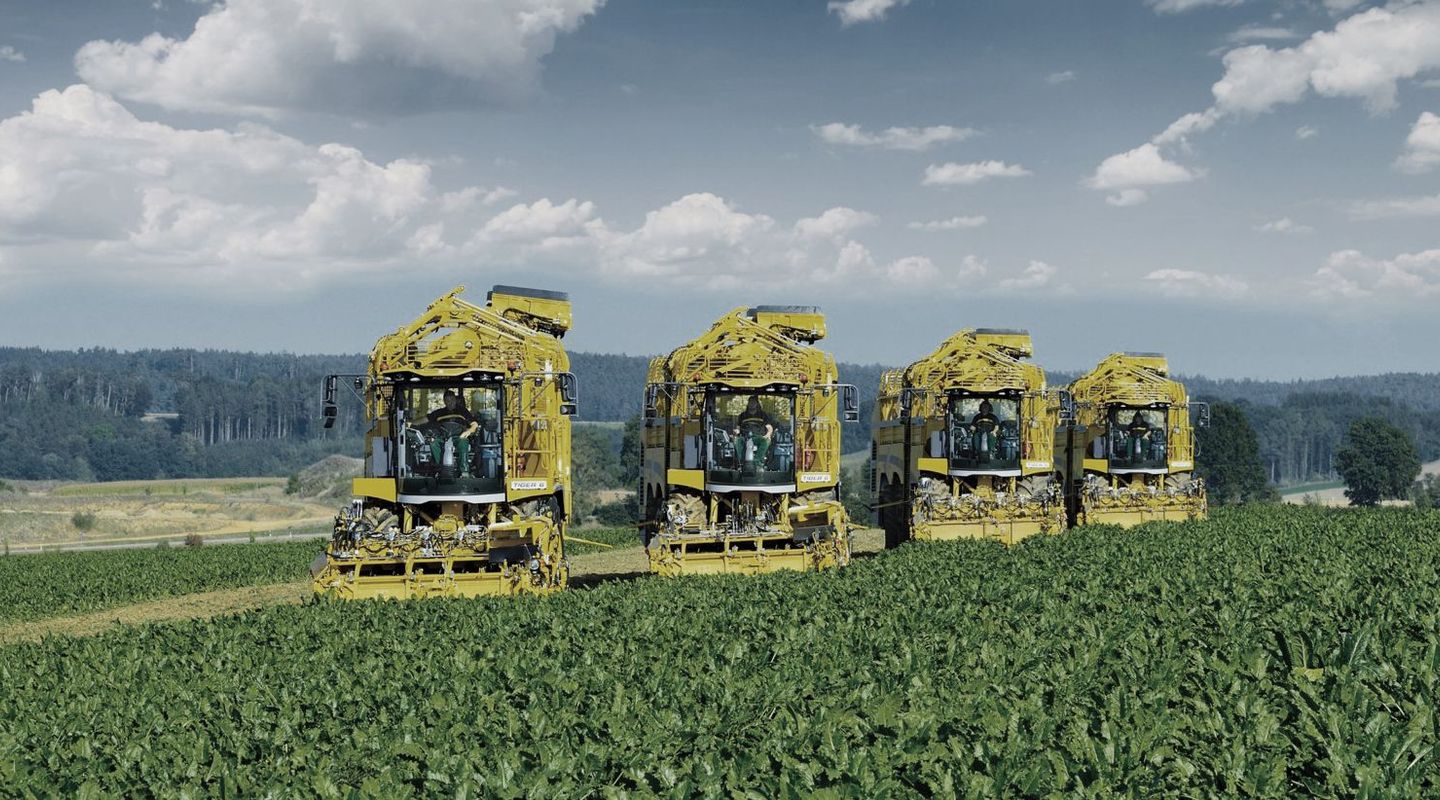

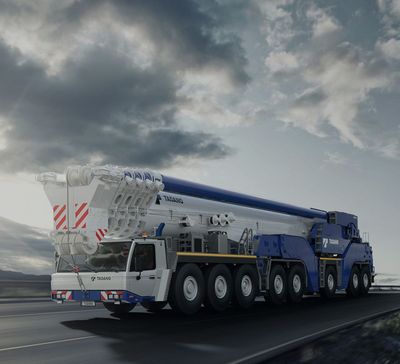
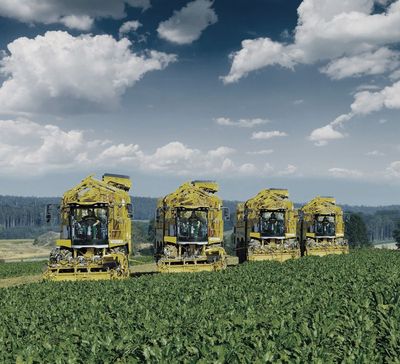

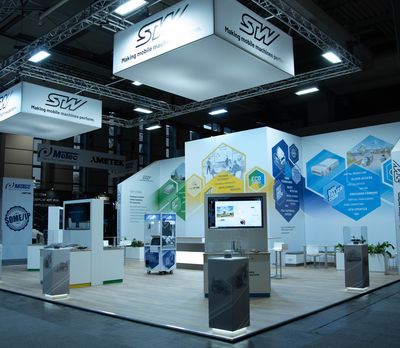


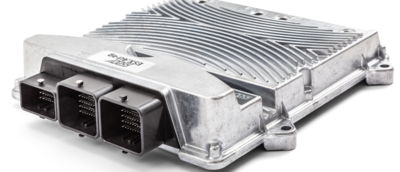

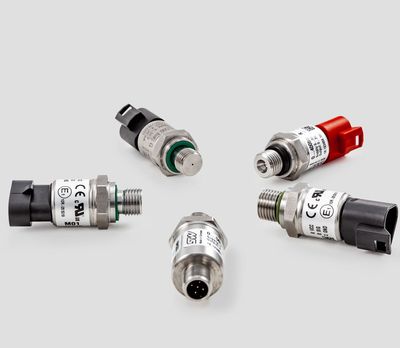
![GOLDHOFER [Translate to English:] Goldhofer](/fileadmin/_processed_/7/9/csm_2016_Moving_airplanes_safely_Goldhofer_80562b31f3.jpg)






![BAUER [Translate to English:] Bauer](/fileadmin/_processed_/4/3/csm_2015_Bauer_Telematik_revolutioniert_den_Markt__c4ac8863f0.jpg)
![FRAMO [Translate to English:] Framo](/fileadmin/_processed_/1/5/csm_2017_eLKW_FRAMO_a02216030f.jpg)


![MAFI TREPEL [Translate to English:] MAFI-TREPEL](/fileadmin/_processed_/7/6/csm_2017_MAFI-TREPEL_Ground_Support_Equipment_064fd4a058.jpg)
![AGCO FENDT [Translate to English:] Fendt](/fileadmin/_processed_/2/0/csm_2017_Druckmessung_aus_dem_Baukasten_Fendt_f023655ea4.jpg)


![TADANO [Translate to English:] Tadano](/fileadmin/_processed_/c/5/csm_2017_Tadano_All-Terrain_Krane_f7cc8ea7c4.jpg)
![AGCO FENDT [Translate to English:] Fendt](/fileadmin/_processed_/6/f/csm_2016_Energie_im_Traktor-Intelligent_verteilt_fe620ae028.jpg)


![PEPPER MOTION [Translate to English:] Pepper Motion](/fileadmin/_processed_/4/b/csm_pepper_sono_motors_04_102db6310f.jpg)

![BAUER [Translate to English:] Bauer](/fileadmin/_processed_/1/d/csm_2017_Bauer_Anbindung_an_Maschine_f3f7b3a62e.png)
![[Translate to English:] [Translate to English:]](/fileadmin/_processed_/f/4/csm_Logo_41f8d03cbf.jpg)